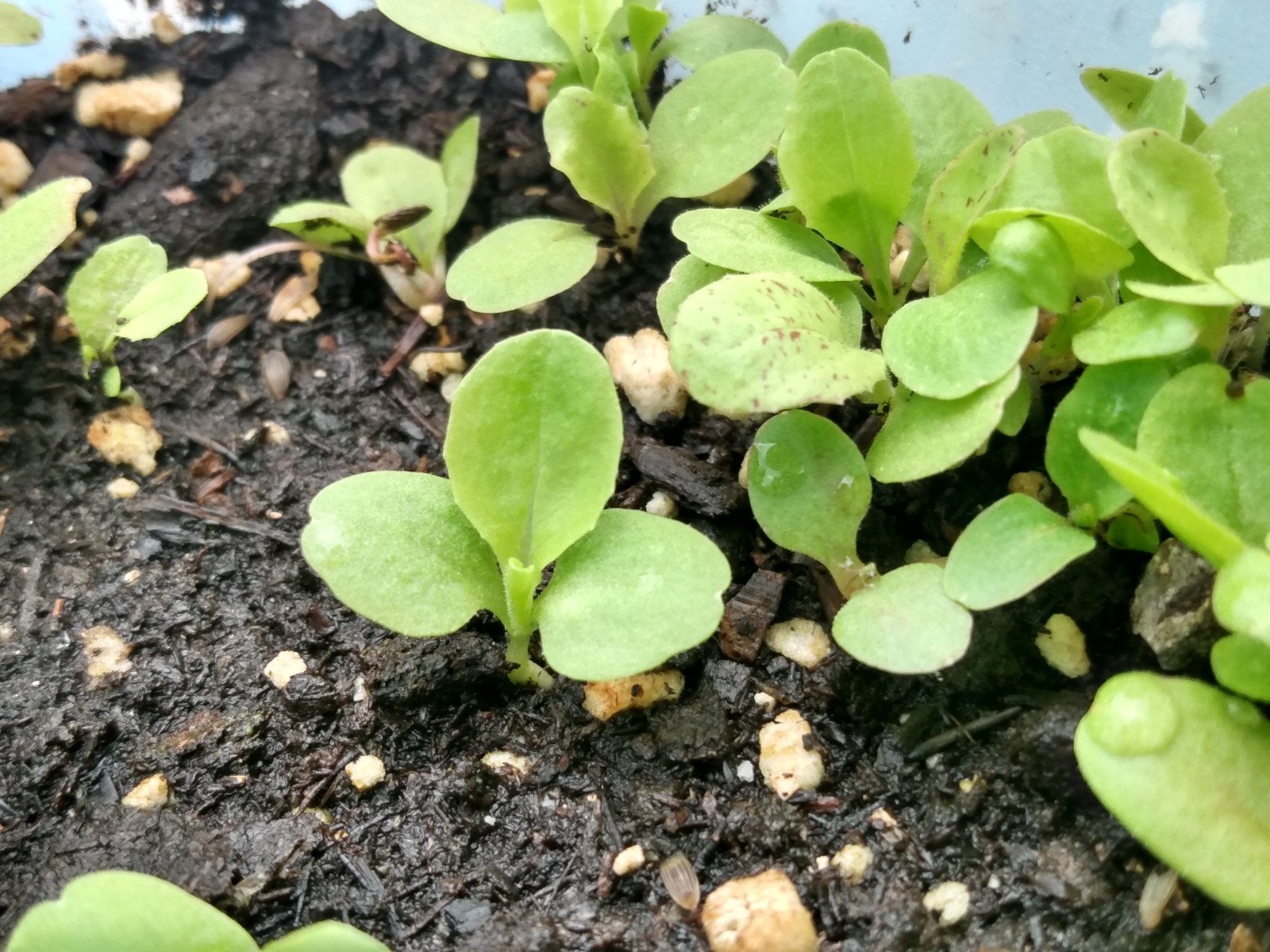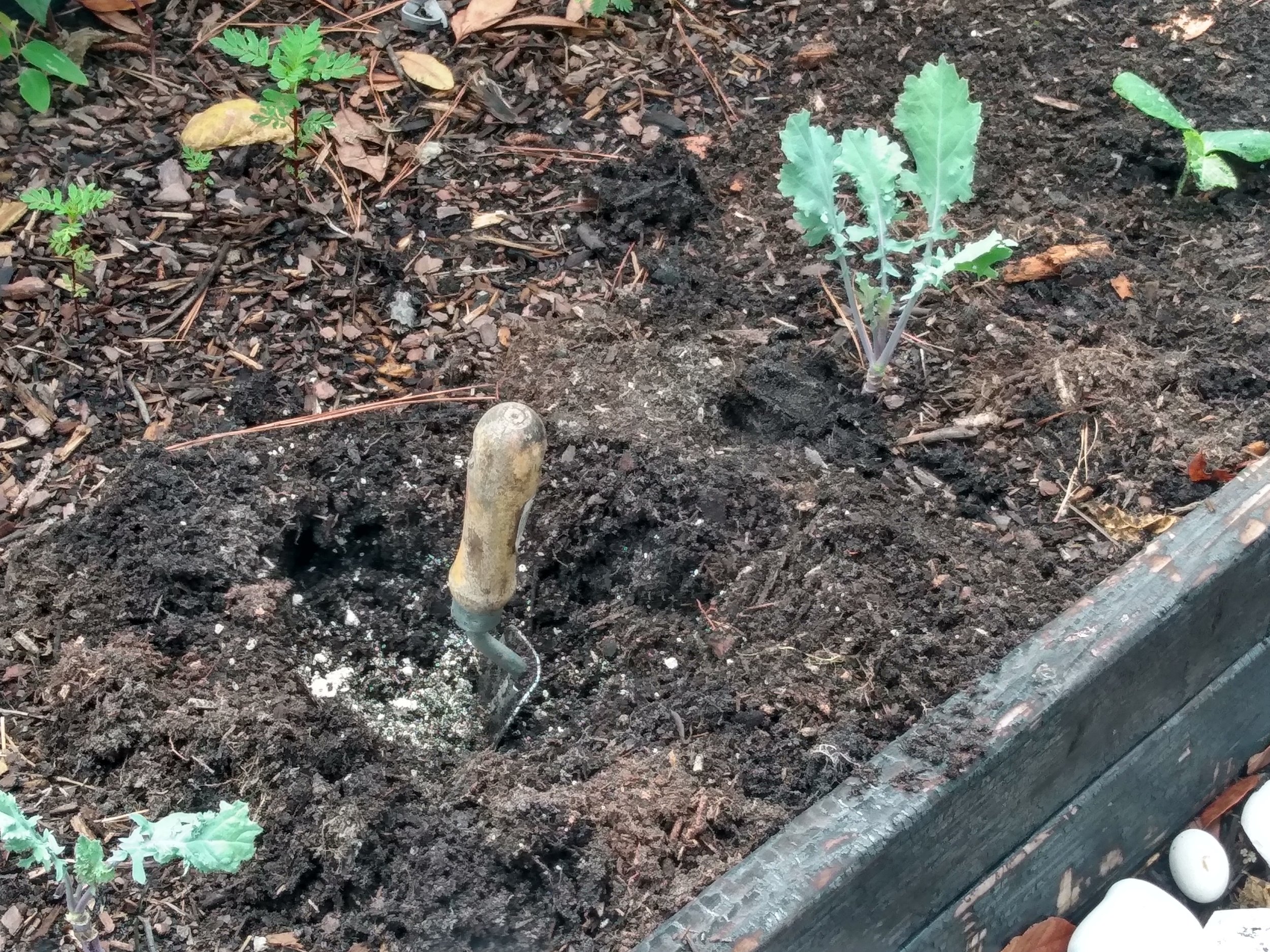September Gardening in Wilmington NC
September is a transition month in the garden in the Wilmington, NC area. While our spring-planted crops are usually done, and the most productive summer plants are starting to slow down (I’m looking at you, seven-foot tall okra) we can finally start planting our fall crops, and enjoy the fruits of our long-season crops.
The herbs that have been growing over the summer often benefit from some pruning during the early fall. Basil, lemongrass, chives, sage, oregano, thyme, and rosemary are often getting large and starting to flop over a bit. If you cut them down, sometimes as much as half the plant, it will force new growth and they will be healthier for it. If you’re interested in dehydrating your herbs, check out this post for more info.
When you decide to pull out your plants at the end of the long growing season, don’t forget to feed your beds. The plants have been taking nutrients from the soil, and it needs to be replaced so the next plants will have what they need to grow. Adding a layer of compost, 3-4 inches thick, will provide a great boost to the soil. Compost not only adds the nitrogen, phosphorus, and potassium that the plants need, but the micro nutrients, bacteria, and fungal life that helps them thrive.
If your summer plants are still healthy, feel free to leave them as long as you have the space. Eggplant, peppers, cucumbers, and some tomatoes will have a very productive fall season once you get them through the heat of the summer.
When planning your fall garden, this is the time to start seed. You can start seed right in the garden, but you may have more success if you start them in a sterile seed-starting medium in cups or blocks. Some fall plants don’t like the hot days we still have throughout the month of September, so the ability to move them into the shade as needed is convenient. Starting them in cups or containers also gives you a head start, if your summer plants are still using the garden space.
What seeds should you start in September? Anything that you plan to grow in the fall and winter. Broccoli, cauliflower, cabbage, lettuce, cilantro, beets, bok choy, spinach, and brussels sprouts are all excellent choices to start from seed this month. If you want to start carrots, they can go in now, but it’s best to start them outside in the garden, as they don’t transplant well.
September is also a great time to put in a new garden. Whether it’s your first garden, or you’re looking to expand your space, putting in a fall garden will not only give you a great place you can grow salad greens and other cool-weather crops all year long, it will also give you a head start on the spring planting season. Gardening supplies, including raised bed kits, trellises, and bagged soil are often discounted this time of year and you should be able to put in a garden for a lower price than in the spring when everyone else is. Fall and winter gardening is also a great way to ease into gardening, as the pests and diseases are fewer and you are usually growing crops that need less attention than the summer-loving plants.
If you’re looking for help in your garden here in the Wilmington, NC area, Blue Basil Garden Coaching offers coaching sessions and planting plans, garden design and installations, workshops and group classes to help new and confused gardeners become experienced and confident gardeners.


